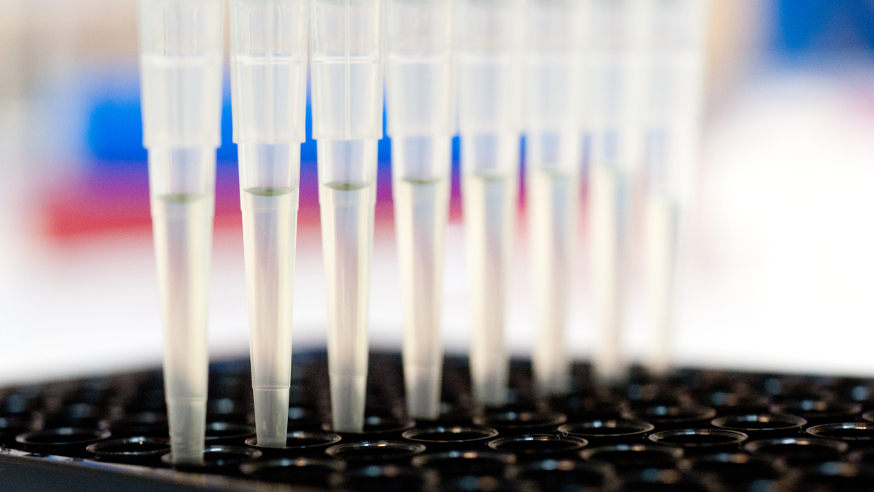
Cancer immunotherapy is big news at the moment. New research presented at the American Association for the Advancement of Science (AAAS) conference in Washington DC last week showed great success in using genetically engineered cells of the immune system, called CAR T cells, to treat patients with blood cancers who had run out of other options.
Words such as ‘revolutionary’ and ‘paradigm shift’ have been used to describe the findings and there is understandable excitement over the prospects of CAR T cell therapy for improving cancer survival.
But two experts I spoke to here at The Institute of Cancer Research both urged caution: it could be five years or more before enough research has been done to make this therapy available for patients.
Here are their thoughts about how to make sure patients benefit from the sudden explosion in interest in CAR T cell therapy.
Wider scope
So far, cellular immunotherapies have only been trialled in blood cancers, where it is relatively easy for the CAR T cells to get to the target site. They have not yet been tried out in patients with solid tumours, and there is some evidence that getting the CAR T cells to these, more tucked-away tumour sites could be tricky.
Professor Kevin Harrington, who is leading several immunotherapy clinical trials at the ICR and The Royal Marsden, said: “As long as CAR T cells can hit only a handful of cancers, this is fated to remain a niche treatment option at best.”
Clinical trials at specialist centres involving patients with sarcomas, melanomas and ovarian cancers are expected to take place later in the year. They will help answer the crucial question of whether CAR T cell therapy can be widely applicable across multiple cancer types.
Side-effects are a real issue with many types of cancer treatment and can limit how widely a treatment is used, or even whether it becomes available for patients at all. CAR T cell therapy is no different here – its side-effects can be severe, and even in some cases deadly.
A small percentage of patients experience what is called a ‘cytokine storm’ – a release of molecules which cause inflammation, fever and low blood pressure, and sometimes difficulty breathing or, in extreme cases, organ damage. Researchers are investigating how to manage these side-effects and they could be overcome in time.
Bring down the cost
We also need to find a way of making CAR T therapy affordable at scale, across an entire health system and in multiple cancer types. Currently, this is an intensive and extremely expensive treatment. Patients have their own immune cells modified in a laboratory under sterile conditions before receiving them back; they are monitored in hospital during treatment, and some side-effects are managed in intensive care. Estimates suggest the cost could be as much as $400,000-500,000 per patient.
Professor Raj Chopra, Head of Cancer Therapeutics at the ICR, said: “The cost could come down in future by adopting an ‘off the shelf’ strategy – using pre-prepared T cells instead of personalised therapy. Technological advances that increase the efficiency of genetic modification could also introduce further savings.”
Hope for the future
It is not just the emergence of new innovative therapies, like CAR T cells, that are revolutionising the way we diagnose and treat cancers.
Advancing technologies in genetics, cancer biology and the use of big data are also changing cancer research much faster than previously anticipated.
Professor Chopra is optimistic about the future of cancer treatment. He said: “We are in an era of great hope for cancer treatment – with an explosion in knowledge of how cancers develop, evolve and acquire drug resistance, which is feeding through into innovative new treatments like immunotherapy.
“We’re still a long way from being able to cure all cancers, but the future looks bright.”
comments powered by